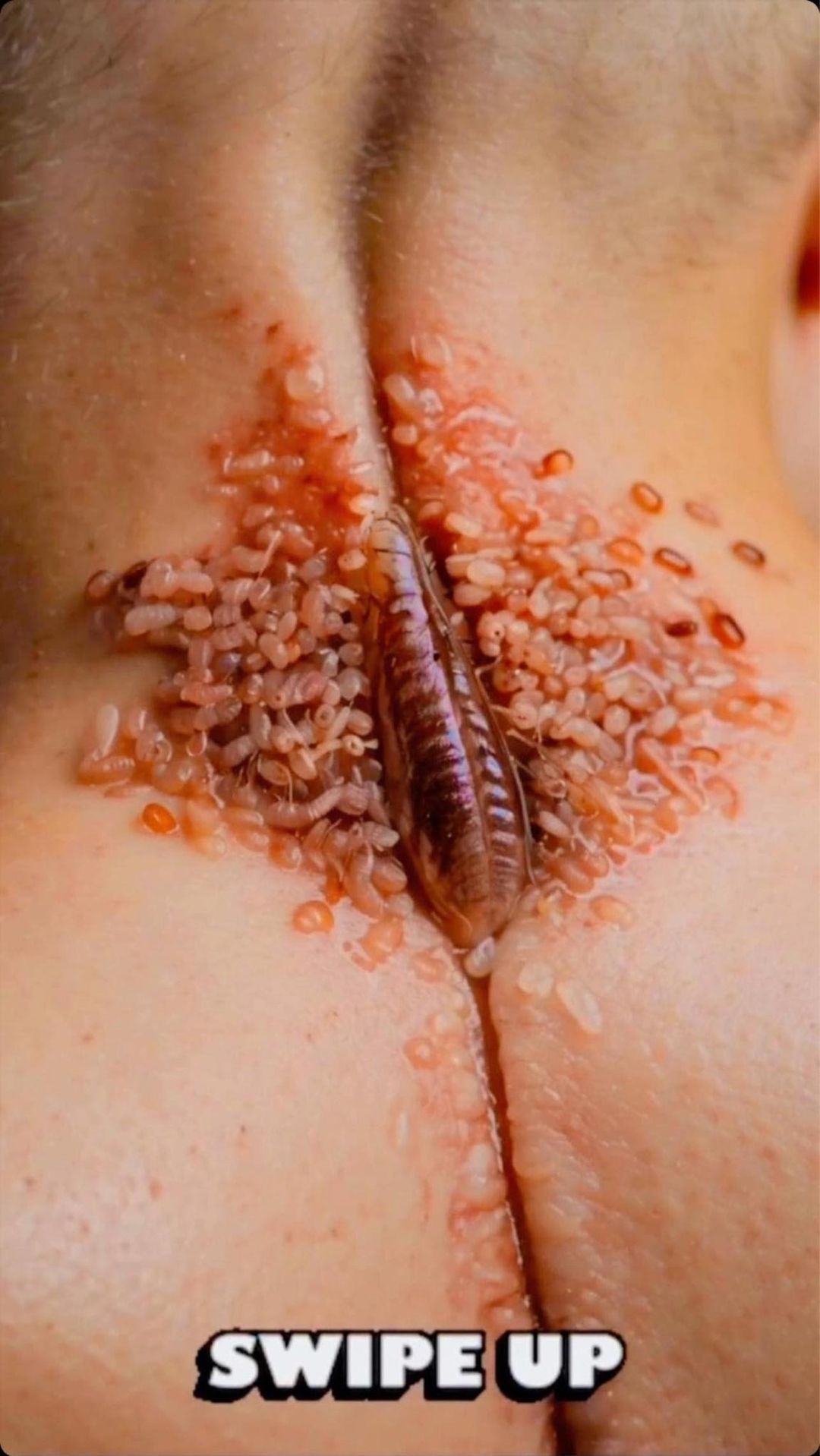How to Treat and Manage Jawline Acne
Jawline acne can be particularly stubborn and frustrating. It occurs when hair follicles become clogged with oil, dead skin cells, or bacteria, leading to inflammation and breakouts. Several factors can contribute to jawline acne, including genetics, hormonal imbalances, medical conditions, and certain medications.
While mild cases may improve with over-the-counter treatments, more persistent or severe acne often requires help from a dermatologist. In some cases, prescription-strength topical treatments, antibiotics, or hormonal therapies—such as birth control pills or spironolactone—may be necessary if hormones are playing a role.
Steps to Manage Jawline Acne:
- Cleanse Gently
Wash your face twice daily using a mild, non-comedogenic cleanser. Avoid scrubbing, which can irritate the skin and worsen breakouts. - Use Targeted Spot Treatments
Look for over-the-counter products containing benzoyl peroxide, salicylic acid, or sulfur. These ingredients help reduce inflammation and clear clogged pores. - Don’t Skip Moisturizer
Keeping your skin hydrated is essential—even if it’s acne-prone. Choose a lightweight, non-comedogenic moisturizer to protect your skin barrier. - Keep Hands Off Your Face
Touching or picking at acne can spread bacteria, increase inflammation, and cause scarring. - Watch Your Hair Products
Hair products with heavy oils or silicone can transfer to your jawline and clog pores. Use non-comedogenic options and keep hair off your face when possible. - Check for Hormonal Triggers
Jawline breakouts are often linked to hormonal fluctuations. If you suspect this is the cause, talk to a healthcare provider about hormonal treatments or other supportive strategies. - Evaluate Your Diet and Lifestyle
While not the sole cause, some people find that reducing dairy, sugar, or processed foods improves their skin. Prioritize stress management, regular sleep, and a balanced diet for overall skin health. - Seek Professional Treatments
For stubborn or severe acne, a dermatologist may recommend advanced options such as chemical peels, laser treatments, or professional extractions.
When to See a Dermatologist
If your acne isn’t improving with over-the-counter treatments after several weeks, or if it’s causing scarring or emotional distress, don’t wait—consult a dermatologist. A personalized treatment plan can make all the difference in achieving clearer, healthier skin.









